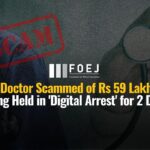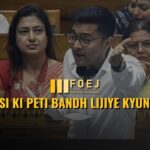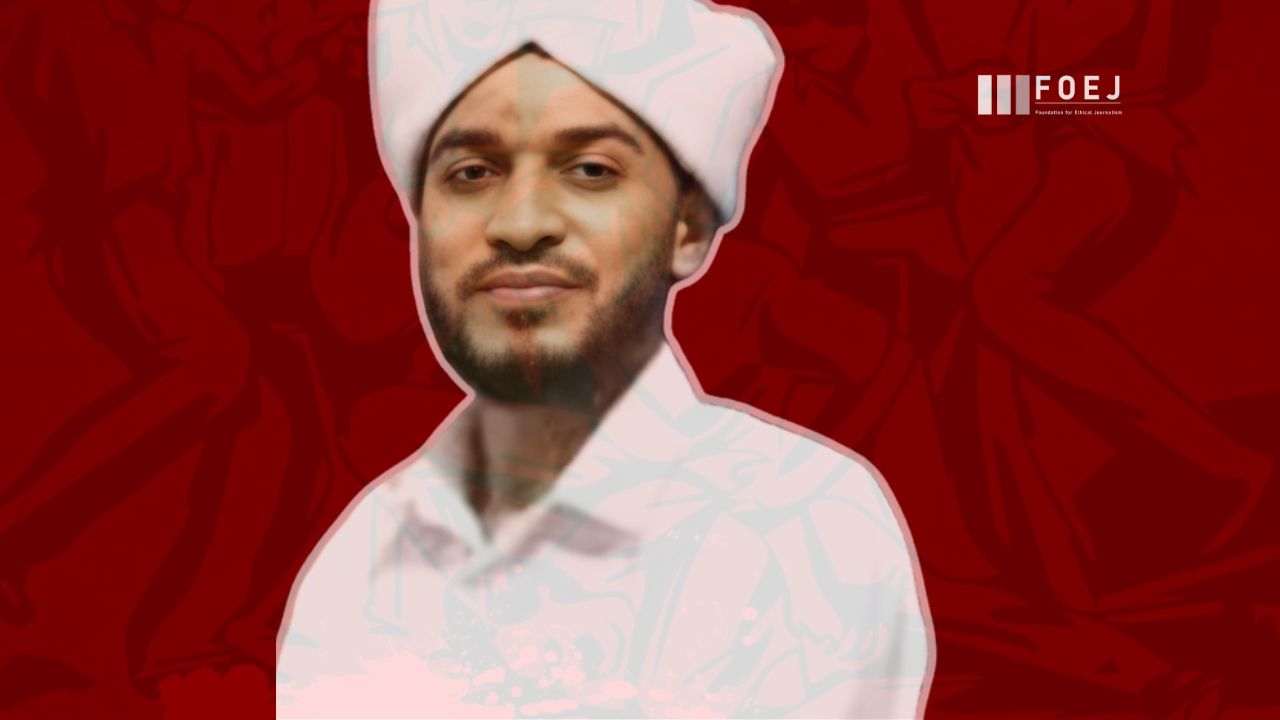On 20th March 2017, Riyas Moulavi a madrasa teacher in Kerala was killed inside the premises of the Masjid. Allegedly, during midnight, a gang entered the mosque compound and stabbed him multiple times.
A trial court of Kasargod in Kerala acquitted the three accused involved in the murder on 30th March 2024. The acquittal has raised serious questions about the efficacy of the justice system and has reignited concerns about political interference in legal proceedings.
THE CASE
In 2017, the murder caused major unrest and sparked communal tension and the very next day the Indian Union Muslim League (IUML) started a protest and called for a hartal demanding an immediate investigation of the case. The special team supervisor A. Srinivas started the investigation and three members S Ajesh, N Akhilesh, and S Nithin, who were then 20, 25, and 19 years respectively were arrested, after three days of the murder.
Srinivas opined that the accused did not know the victim and the murder was motivated by communal hate.
The accused, Ajesh, Nitin Kumar, and Akhilesh, were affiliated with the Rashtriya Swayamsevak Sangh (RSS). According to the chargesheet, the killers entered the mosque compound, knocked at Riyas Moulavi’s door, & stabbed him multiple times when he opened it.
The accused have been in jail for seven years since their arrest. They were not granted bail before and so far seven judges have considered the case. The police presented more than 50 documents, including DNA test results, to the court.
The reports have shown that 97 witnesses were examined. 215 documents and 45 evidence pieces were submitted to the court.
THE COURT’S VERDICT
Kasargod Principal Sessions Court has acquitted three suspects in connection with the murder due to a lack of evidence and failure of the prosecution to prove the motive of the murder. The principal session’s judge, K. K. Balakrishnan, passed the verdict on Saturday.
The court pointed out various lapses by the police as well as the prosecution such as the failure of the investigating officers to investigate the contents and in collecting fingerprints, DNA from the vehicle, and clothes used by the accused that night of murder. The courts also added that this cast serious doubt on how the investigation was started, conducted, and concluded.
The court also declared the failure on the part of the prosecution in proving the role of RSS activists, even though the charge sheet had maintained that the murder was carried out to create a communal conflict. The court concluded that the investigation was not up to the standard and was one-sided. “So, the accused are entitled to the benefit of the doubt.”
Whereas, Special Public Prosecutor T Shajith expressed disappointment, saying to the media that there was lots of evidence, including DNA proof for the first suspect and phone records putting the other two near the mosque where the incident happened.
THE RECENT PROTEST
Several Muslim organizations protested against the failure of the prosecution and the police to get a conviction for the Rashtriya Swayamsevak Sangh (RSS) men, who were accused in the murder of Riyas Moulavi.
The Muslim Youth League took out a march through Kottakkal town on (March 31) Sunday night accusing the State government of helping the RSS men to escape. The Youth League alleged the Home department had been surrendered to the RSS. The Youth League said the acquittal of the accused in the murder, despite having enough witnesses and pieces of evidence, had shocked the State.
The Samastha Kerala Jamiyyathul Ulama, a Muslim scholarly body in Kerala also expressed concern and disappointment over the prosecution’s failure in other cases which involves RSS members as the accused.
THE OPPOSITION
The Congress also criticized the Left government for the acquittal of the accused RSS members involved in the murder of Riyas Moulavi inside a mosque seven years ago.
V D Satheesan, the Leader of the Opposition in the state Assembly, and M M Hassan, the acting president of KPCC, asked Chief Minister Pinarayi Vijayan, to explain why the RSS activists were acquitted. However, the government stated they would appeal to the High Court against the decision made by the Principal Sessions Court in Kasaragod.
A student who has been following the case said “This judgment has shown how justice has been compromised in a state which is said to be most educated and safest for every ideology.”









